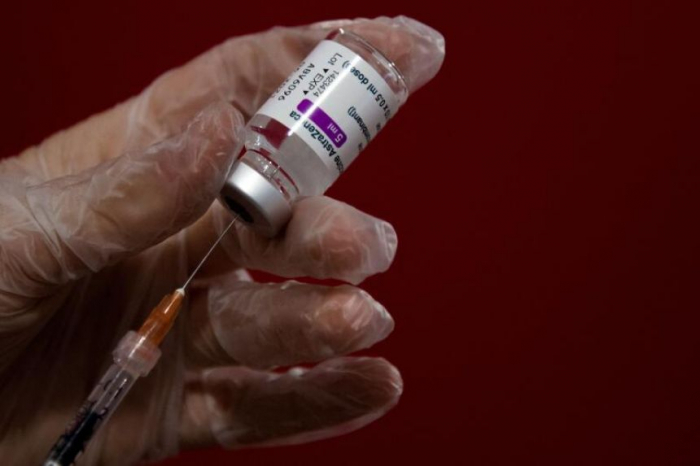A spokeswoman for Charite said the step was necessary following reports of blood clots known as cerebral sinus vein thrombosis (CSVT) in women in Germany.
“Although no complications have occurred at the Charite after vaccinations with AstraZeneca, the Charite wants to take precautionary action here and wait for final assessments,” the spokeswoman said.
Vivantes also said the decision was precautionary.
The Tagesspiegel newspaper, which first reported the decision, said the state of Berlin had announced it would pause AstraZeneca vaccinations for everyone under 60, not just women.
Germany’s vaccine regulator, the Paul Ehrlich Institute, said it had registered 31 cases of CSVT, nine of which resulted in deaths, after people received the AstraZeneca shot. With the exception of two cases, all reports involved women aged between 20 and 63.
Germany has so far administered 2,698,246 AstraZeneca shots, according to data from the Robert Koch Institute.
Because use of the vaccine in Germany was initially limited to those under 65, the shot has been administered among younger women, particularly medical staff and teachers.
Many European countries briefly stopped using the Anglo-Swedish firm’s vaccine earlier this month while investigating rare cases of blood clots.
Both the European Medicines Agency (EMA) and the World Health Organization said this month the benefits of AstraZeneca’s vaccine outweighed the risks.
An EMA review covering 20 million people who took the AstraZeneca shot in Britain and the European Economic Area found seven cases of blood clots in multiple blood vessels and 18 cases of CVST.
Nearly all countries have since resumed use of the vaccine. But France broke with guidance from the EMA and said on March 19 it should only be given to people aged 55 or older. France said the decision was based on evidence that the clotting affected younger people.
Canadian Health Officials said on Monday they would stop offering AstraZeneca’s shot to people under 55 and require a new analysis of the shot’s benefits and risks based on age and gender.
Some 19,000 people work at the Charite hospitals and 17,000 at Vivantes, which operates clinics as well as care homes.
Tagesspiegel, which first reported the decision, said that around two thirds of staff at Charite have been vaccinated so far, and 70% of those workers have received one shot of the AstraZeneca vaccine.
Bavarian Premier Markus Soeder criticised the “back and forth” around the vaccine, saying all recommendations showed that the danger of severe illness from the coronavirus outweighed any side-effects linked to the shot.
“At some point we have to be able to administer it freely and say, ‘he who wants it and he who dares should be able to get it’,” he said.
More about: #Berlin
















































